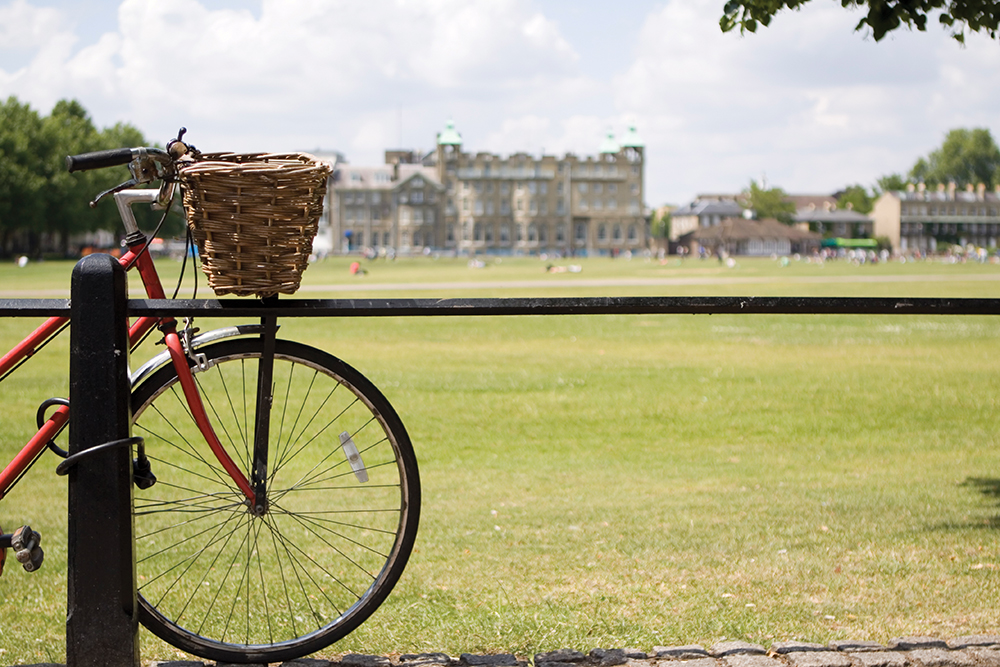In the first of our The More You Know series, we find out more about Cambridge’s unique role in the birth of the beautiful game
Ever heard the one about football being invented on Parker’s Piece in Cambridge? It’s a longstanding boast of our city, but can it really be true?
The answer is: yes (sort of). People have doubtless been playing some variant of football for as long as we’ve had feet and something to kick, and records show that (something akin to) football was popular as far back as medieval times – though it barely resembled what we recognise as footie today. “The main features of these games were that they were often part of wider community life,” explains sports historian Matthew Taylor. “They were characteristically chaotic, unorganised and frequently violent. There was generally no proper ‘pitch’ as such – the game criss-crossed the locality, through fields, streams, village centres, and so on.”
Often eye-wateringly brutal, these lawless games regularly disintegrated into mass brawls, and eventually, the situation got so bad that various attempts were made to make football illegal.
It’s when it comes to the evolution of football into its modern, more refined, form that Cambridge comes in. On Parker’s Piece in 1863, a group of students having a kick about set about establishing a set of rules which emphasised skill over force, nailing them to trees surrounding Parker’s Piece. “We know that the Cambridge Rules of 1863 directly inspired the men who met at the Freemasons Arms in London that year and created the Football Association,” explains Matthew. “So Cambridge can certainly claim to have played a major role in the development of the football codes that became so culturally important in 20th and 21st century Britain, and indeed throughout the world.”
The significance of the 1863 rules is that their introduction to the debate in the FA meetings of the same year led to a schism between representatives of clubs who were devoted to ‘hacking’ (booting your opponent in the shins) and those who opposed it. “Eventually, it was advocates of the latter position – which was a crucial feature of the Cambridge Rules – who won the day,” explains Matthew. “However, the creation of association football was a messy process – not a neatly ordered affair that can be easily followed in minute books… The historical reality, as is often the case, is more complicated than the idea of finding a ‘birthplace’ or even a birth date for football suggests,” concludes Matthew.
So, Cambridge may not have invented the beautiful game, but we’ve got a unique claim to having been crucial in its development – a fact acknowledged with a soon-to-be-revealed sculpture on Parker’s Piece that shows the original rules carved into granite in different languages.
Matthew taylor is a Professor of History at De Montfort University and the author of books including Football: A Short History (2011)

